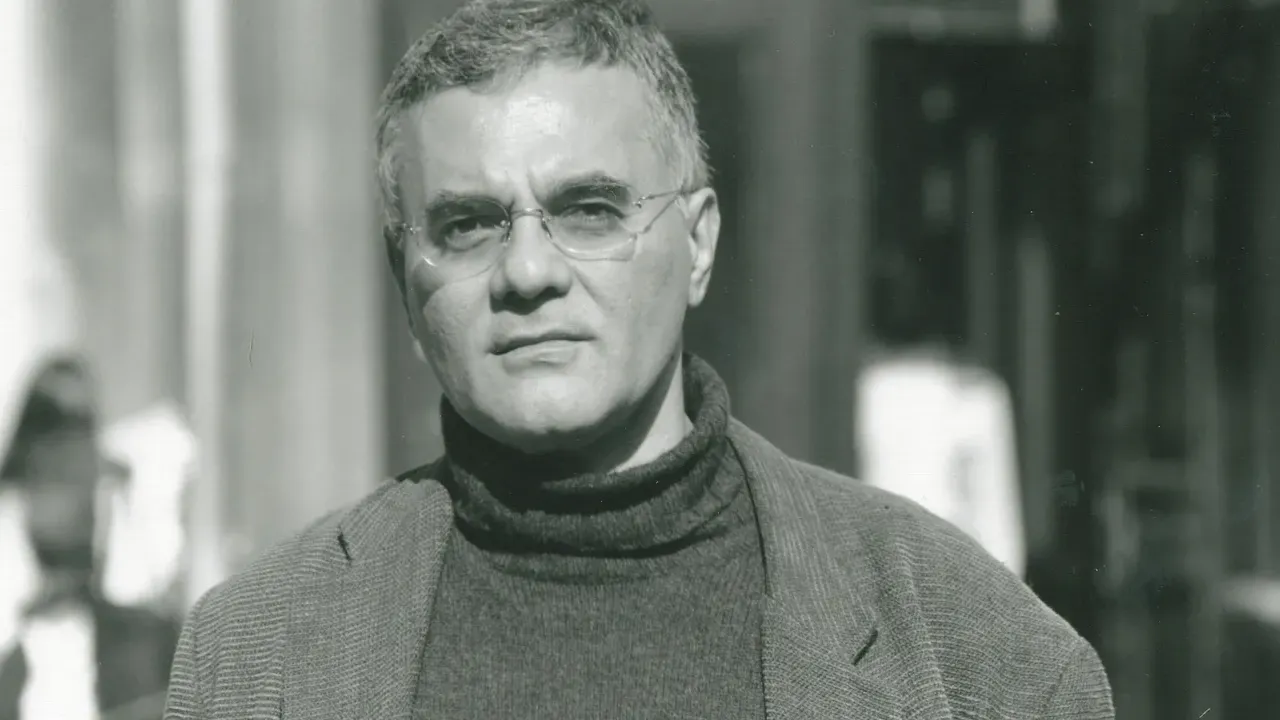Mahmood Mamdani: Mahmood Mamdani stands as a towering figure in postcolonial studies and educational philosophy. His work has reshaped how scholars and policymakers view colonial history, state power, and the relationship between knowledge and governance. Through a life marked by activism, exile, and intellectual rigor, Mamdani has created a unique legacy that blends theory with lived experience.
Reflecting on Mahmood Mamdani reveals a scholar who used education as a tool of resistance. His experiences under authoritarian rule, combined with his deep academic pursuits, have fostered powerful critiques of colonialism. His book Citizen and Subject introduced the concept of the “bifurcated state,” which remains a foundational framework in understanding postcolonial power dynamics. Today, his ideas continue to influence scholars, students, and even his family—most notably his son Zohran’s political vision.
Mahmood Mamdani : Early Life and Educational Awakening
Mahmood Mamdani was born in Bombay in 1946 and grew up in Kampala during Uganda’s transition from colonial rule. Part of the Kennedy Airlift initiative, he pursued political science at the University of Pittsburgh. There, he immersed himself in civil rights activism and was briefly jailed in Montgomery, Alabama. This formative period fostered his lifelong interest in justice, activism, and the role of education in social transformation.
He continued his academic journey at Tufts University and later Harvard, earning a PhD focused on class, politics, and governance in postcolonial Uganda. His studies laid the groundwork for a critical analysis of African political systems and colonial legacies.
Mahmood Mamdani Overview Table
| Aspect | Details |
| Background | Born in 1946 in Bombay; raised in Kampala, Uganda |
| Education Journey | BA in Political Science (Univ. of Pittsburgh); MA from Tufts; PhD from Harvard |
| Civil Rights Engagement | Active in U.S. civil rights; imprisoned in Montgomery |
| Career & Exile | Expelled by Idi Amin; taught in Tanzania and Uganda; founded CBR in Uganda |
| Academic Roles | Leader at Dar es Salaam, Cape Town, Columbia; Chancellor at Kampala Int’l Univ. |
| Seminal Work | Citizen and Subject – theory of dual colonial state |
| Legacy | Authority in decolonial thought; influenced global education and policy |
Career Navigating Power, Exile, and Academia
After completing his doctorate, Mamdani returned to Uganda to conduct research. However, the brutal regime of Idi Amin resulted in his expulsion, forcing him into exile. He moved to Tanzania and contributed significantly to the academic community at the University of Dar es Salaam. Even during this period of displacement, he built an academic career that bridged activism and scholarship.
When Uganda regained relative stability in the late 1980s, he founded the Centre for Basic Research, one of the country’s first independent think tanks. This initiative pushed forward critical inquiry and democratized access to research tools. From there, he joined institutions like the University of Cape Town and Princeton University. Today, he holds the Herbert Lehman Professorship at Columbia University and serves as Chancellor of Kampala International University.
Foundational Contributions to Colonialism and State Theory
A defining contribution of Mahmood Mamdani is shown in his book Citizen and Subject. He devised the theory of the “bifurcated state,” explaining how colonial regimes separated urban citizens—granted legal rights—from rural subjects—governed through dubious traditional structures. This insight reshaped how colonialism and power were understood in African studies and legal theory. It demonstrated that colonial governance engineered lasting divisions, which ripple into political life even today.
By presenting colonialism as a dual-mode governance system, Mamdani challenged dominant narratives and sparked widespread debate in academia and policy circles about equity, citizenship, and state legitimacy.
Championing Decolonial Education and Knowledge Politics
Mamdani’s work extends beyond historical analysis, emphasizing the politics of education and knowledge production. He advocates for decolonizing the curriculum—arguing that universities must reflect diverse voices and knowledges, especially those from formerly colonized regions.
His essays and speeches articulate how Western-centric curricula continue to reproduce inequality. He calls for educational reform that balances critical thinking with real-world application. His ideas urging the transformation of academic institutions have generated robust discussions about inclusion, equity, and decolonial praxis.
Mentorship, Global Recognition, and Influence
As an educator, Mahmood Mamdani has guided generations of scholars, educators, and activists. His teaching style combines personal anecdotes, historical perspective, and critical analysis. He has earned prestigious accolades, including the Herskovits Prize for Citizen and Subject and fellowships from global academic bodies. Beyond these honors, his lasting impact lies in the intellectual communities he has nurtured—students who carry forward his critical legacy in decolonial education.
Intellectual Legacy within the Mamdani Family
Mahmood Mamdani’s influence extends to his family, notably his son Zohran, whose political activism in New York is steeped in postcolonial critique and justice-oriented strategy. Zohran’s advocacy—focused on housing equity, racial justice, and community empowerment—echoes the values and analytic frameworks he absorbed from his father. Their shared intellectual heritage demonstrates how academic thought can seed public service and transform local politics with global awareness.
Why Mamdani Matters Today
- Colonial Governance Reimagined
His theory of the dual state underscores how colonial systems continue influencing contemporary politics and law. - Champion of Decolonial Education
He challenges universities to diversify knowledge systems and address historical biases. - Bridge Between Theory and Activism
From protesting civil rights violations to founding research institutions, his life embodies the link between ideas and action. - Mentor to Critics and Educators
As an inspiring teacher, he helped shape a generation committed to justice, equality, and transformative education.
The Path Ahead: Mamdani’s Relevance in Today’s World
In an era marked by debates over curriculum, colonial monuments, and university diversity, Mamdani’s work offers nuanced perspectives. His scholarship is vital for understanding systemic racism, state violence, and power structures. For educators, his call to decolonize knowledge offers practical pathways: revising syllabi, amplifying marginalized voices, and embracing global partnerships.
Students, teachers, and leaders alike can draw from his example: using academic spaces not just to observe the world, but to change it. His life proves that education can be both a weapon against injustice and a path toward collective empowerment.
Final Thought & Call to Action
Mahmood Mamdani’s contributions to education, colonialism, and state theory are powerful reminders of knowledge’s transformative potential. His insights into the bifurcated state and curricular equity remain urgently relevant.
If this article resonated with you, consider exploring Citizen and Subject, reading his essays, or discussing how his ideas can inform today’s educational reforms. Share this piece with others who care about equity and decolonial thought. Comment below and tell us: how can Mamdani’s ideas help shape the future of education and justice?
















